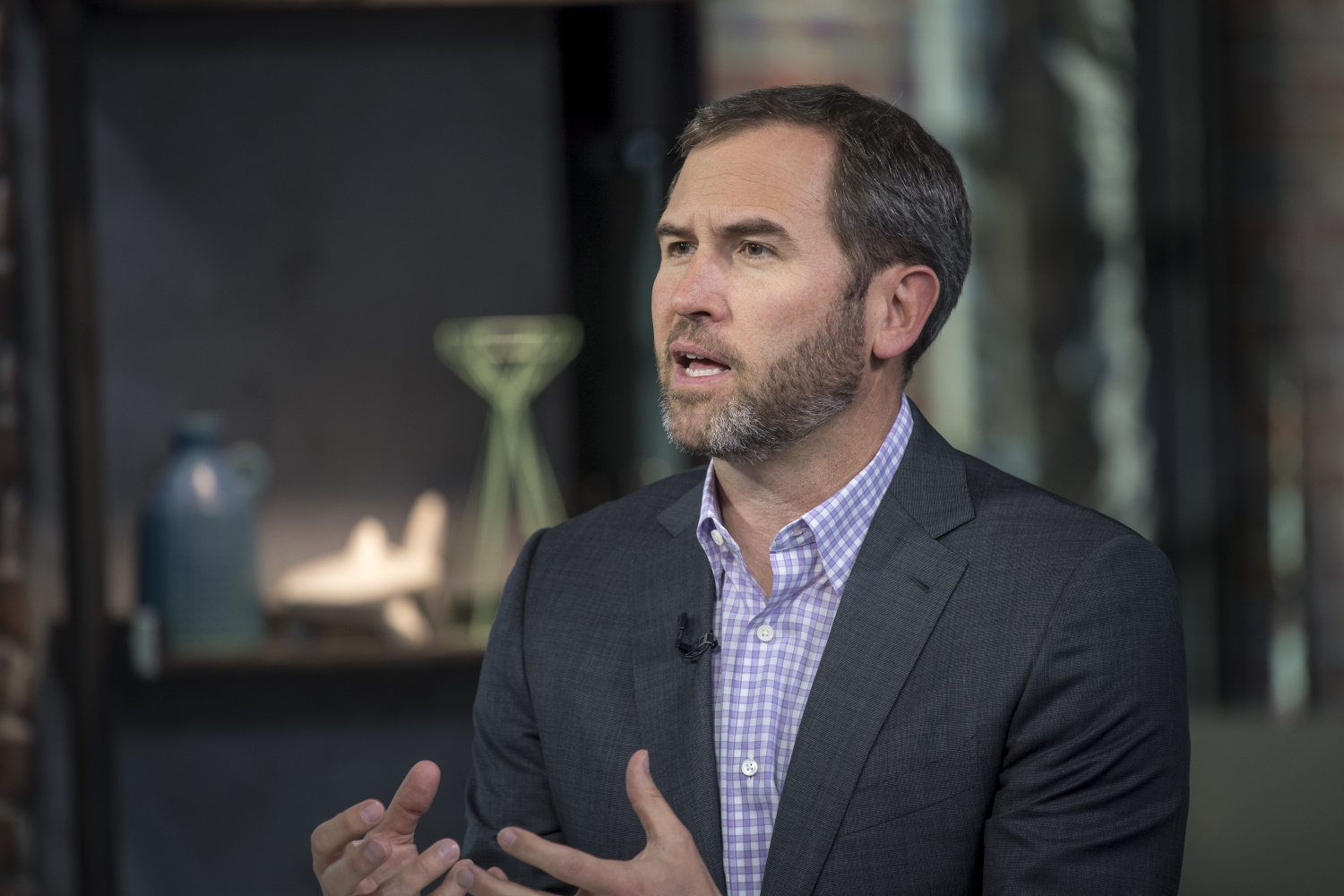Ripple CEO Criticizes SEC’s Inconsistent Crypto Regulation
01.08.2024 10:30 1 min. read Alexander Stefanov
Ripple's CEO, Brad Garlinghouse, has sharply criticized the SEC's latest legal maneuver against Binance, accusing the regulator of inconsistent and politically motivated actions.
Garlinghouse argues that the SEC’s proposed revisions to its complaint, which involve reclassifying several cryptocurrencies like Solana and Cardano as securities, reflect a troubling lack of clarity and fairness in its regulatory approach.
He asserts that SEC Chair Gary Gensler’s statements about regulatory clarity are at odds with the SEC’s chaotic enforcement tactics, which he believes are fueling industry confusion.
Garlinghouse suggests that these actions may not be driven by genuine legal principles but by political agendas or litigation strategies.
Supporting Garlinghouse, Ripple’s Chief Legal Officer, Stuart Alderoty, points out inconsistencies in the SEC’s treatment of different cases.
Meanwhile, attorney John Deaton, who has been involved in Ripple’s legal battles, has criticized the SEC for causing harm to retail investors and called for Gensler’s resignation. Deaton argues that the SEC’s claims lack legal basis and have led to significant investor losses.
-
1
Polygon Breaks from Decentralization as Sandeep Nailwal Assumes Full Control
11.06.2025 20:00 2 min. read -
2
Nvidia CEO Urges UK to Invest in AI Infrastructure or Risk Falling Behind
10.06.2025 9:00 1 min. read -
3
KuCoin Plants Its Flag in Bangkok With a Licensed Thai Exchange
14.06.2025 13:00 1 min. read -
4
Why Gold Could Be the Smart Play Amidst US Debt Surge
11.06.2025 11:00 1 min. read -
5
Warren Buffett Narrows His Bets as He Prepares to Step Down
14.06.2025 16:00 2 min. read
What Brian Armstrong’s New Stats Reveal About Institutional Crypto Growth
Coinbase CEO Brian Armstrong has spotlighted a significant acceleration in institutional crypto adoption, driven largely by the surging popularity of exchange-traded funds and increased use of Coinbase Prime among major corporations.
Whales Buy the Dip as Retail Panics: This Week in Crypto
The latest market turbulence, fueled by geopolitical tensions and investor fear, offered a textbook case of how sentiment swings and whale behavior shape crypto price action.
What Will Happen With the Stock Market if Trump Reshapes the Fed?
Jefferies chief market strategist David Zervos believes an upcoming power shift at the Federal Reserve could benefit U.S. equity markets.
U.S. Bank Advises Clients to Drop These Cryptocurrencies
Anchorage Digital, a federally chartered crypto custody bank, is urging its institutional clients to move away from major stablecoins like USDC, Agora USD (AUSD), and Usual USD (USD0), recommending instead a shift to the Global Dollar (USDG) — a stablecoin issued by Paxos and backed by a consortium that includes Anchorage itself.
-
1
Polygon Breaks from Decentralization as Sandeep Nailwal Assumes Full Control
11.06.2025 20:00 2 min. read -
2
Nvidia CEO Urges UK to Invest in AI Infrastructure or Risk Falling Behind
10.06.2025 9:00 1 min. read -
3
KuCoin Plants Its Flag in Bangkok With a Licensed Thai Exchange
14.06.2025 13:00 1 min. read -
4
Why Gold Could Be the Smart Play Amidst US Debt Surge
11.06.2025 11:00 1 min. read -
5
Warren Buffett Narrows His Bets as He Prepares to Step Down
14.06.2025 16:00 2 min. read


